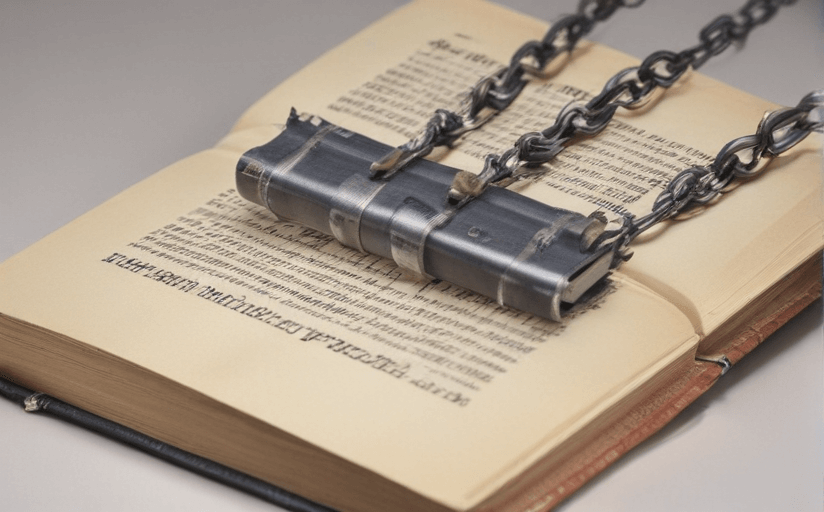Censorship in Literature - A Balancing Act of Freedom and Responsibility
The debate surrounding the issue of censorship in literature has been ongoing and complex. This essay aims to thoroughly explore and analyze various facets of this debate, with a primary focus on the tension between complete freedom of expression and social responsibility.
A Historical Perspective
Censorship has left its mark on the realm of literature, both within and beyond the U.S. There have been numerous instances in history where books have been banned, authors imprisoned, or publications restricted, owing to divergent ethical, political, or cultural viewpoints. This has had a profound effect on the spread of ideas and the creative latitude of writers.
Freedom VS Responsibility
While freedom of speech is enshrined as a fundamental principle on which any free society is founded, it often seems to contradict with the ethical obligations of social responsibility. How do these two values shape the author's creativity and the impact their work has on society?
The Question of Immorality
Freedom of speech advocates argue that the author's creativity should never be compromised. It nurtures the evolution of arts and ideas, allowing society to explore difficult themes, challenge prevailing norms and grow. However, opponents warn that without restrictions, damaging or immoral content can harm societal norms and values.
Social Responsibility
On the other hand, upholding social responsibility goes beyond protecting society from damaging content. Ethical obligations could prevent glorification of harmful behavior, oppressive views, or misinformation. Yet, such restriction could potentially hinder an open discourse, which is integral to a healthy society.
Digitalization & Censorship
The dawn of digitalization, particularly social media and independent publishing, has added a new dimension to this debate. The easy access to a global platform allows unprecedented freedom for writers, yet it also provides a platform for disseminating harmful content. The question then arises: how is this new digital landscape reshaping the concept of censorship?
Conclusion
While censorship has the potential to protect society from damaging material, it also arguably restricts creativity and open discourse. Thus, striking the balance between freedom of expression and social responsibility is crucial. This is a complex issue with no easy answers and therefore, requires respectful and thoughtful discourse.
Invitation to Discuss
Regardless of your background or opinion, everyone has a stake in this conversation. By engaging in productive dialogue, we can promote critical thinking and expand our collective understanding of this important issue.
















Comments
Leave a Comment